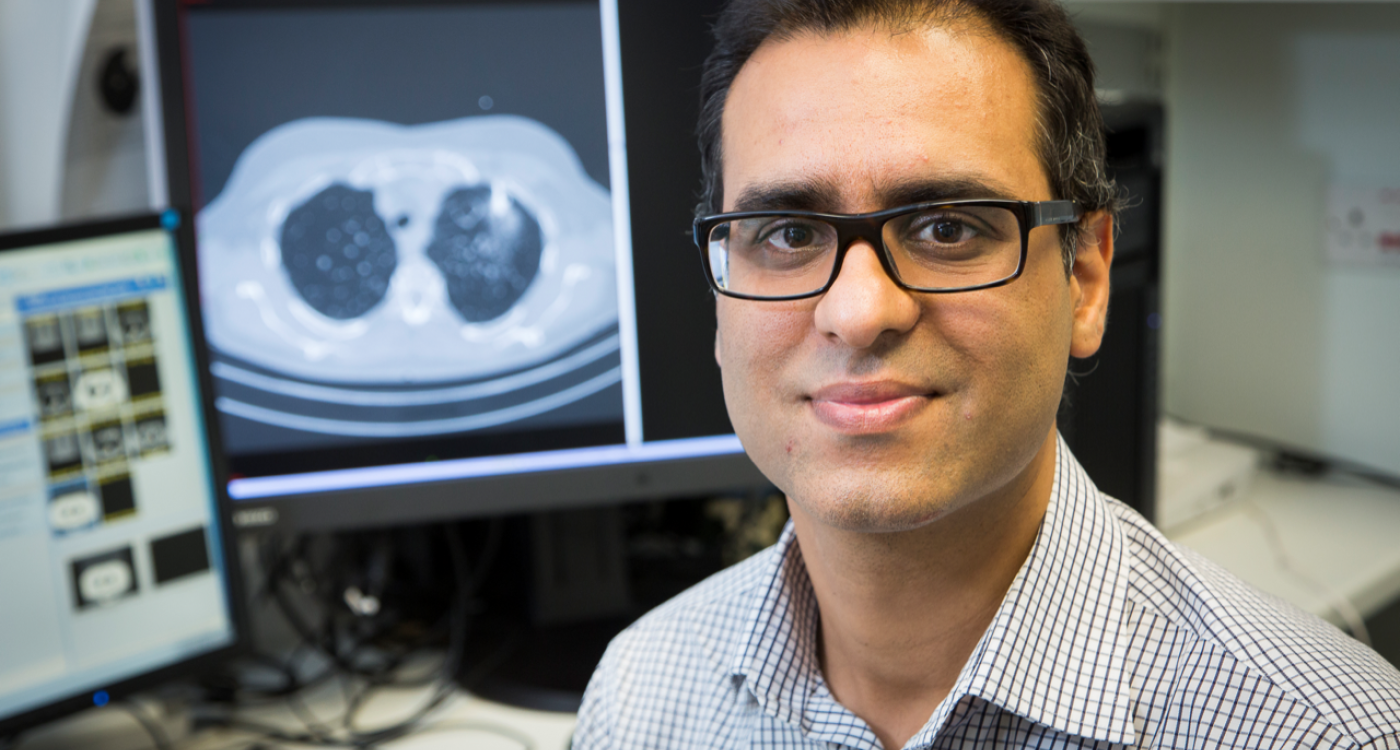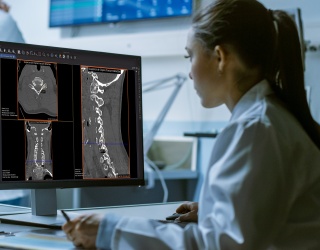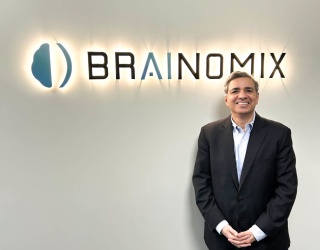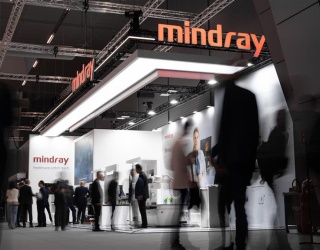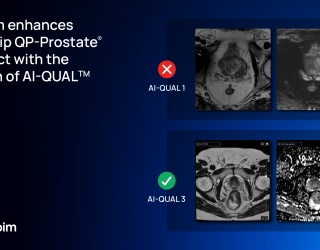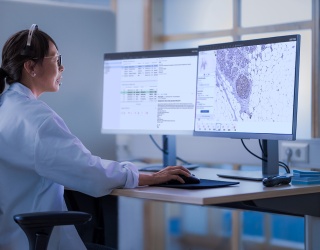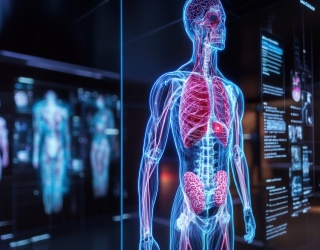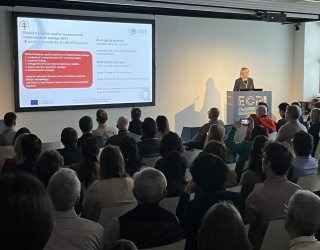The HLH Group's pioneering approach to lung cancer screening revolutionizes radiology workflows using advanced AI technology and cloud-based collaboration. The company demonstrates how combining human expertise and artificial intelligence can significantly improve patient outcomes and healthcare efficiency at scale.
Closing the Radiology Gap
When NHS England initiated targeted lung health checks in some of the most deprived areas of the country in 2020, radiology reporting at national scale was not at the forefront of planning. "Nobody thought deeply about how to deliver the reporting of the scans ," recalls Professor Sam Hare, CEO & Co-founder of The HLH Group. Yet, radiology quickly emerged as the pivotal element of the initiative. Hare and his team stepped into this gap, developing an innovative approach combining cloud technology, artificial intelligence, and expert chest radiologists.
The primary issue The HLH Group identified was not simply a lack of radiologists but rather inefficiencies in how radiologists were deployed. "We have around 250 thoracic radiologists in England," Hare explains. "All we've got to do is find a way to get them to work together across traditional geographical boundaries." To achieve this, Hare and COO & co-founder Graham Robinson founded The HLH Group, initially called Heart and Lung Imaging, establishing a cloud-based IT platform accessible from anywhere in England. Radiologists could now read scans remotely, drastically increasing efficiency.
Human Expertise Meets Artificial Intelligence
Central to their strategy is the integration of artificial intelligence. The system uses lung nodule detection AI to rapidly identify lung nodules and calculate their volumes. "AI quickly identifies lung nodules, allowing radiologists to then focus on determining malignancy potential," Hare elaborates. However, he emphasizes that AI complements rather than replaces the human expert. "The AI can't tell you whether a nodule is benign or malignant; nor can it identify incidental findings; you need expert radiologists to interpret that."
The combined human-AI model has significantly improved efficiency and accuracy in lung cancer screenings. Currently, The HLH Group coordinates around 165 thoracic radiologists, processing more than 26,000 scans monthly—far exceeding the capacity of most hospitals individually. "We’ve managed to solve a critical workforce issue," Hare notes. "We're diagnosing 60 to 70% of lung cancers at stage one, which is remarkable."
Accelerating Radiologist Specialization
Beyond mere efficiency, The HLH Group‘s solution drastically reduces unnecessary recalls. Radiologists using this system confidently dismiss irrelevant findings such as benign renal or liver cysts, which could otherwise burden the healthcare system. Hare, who is a chest radiologist himself, explains: "In screening, key metrics are low recall rates. Experienced thoracic specialists can keep recall rates low, making the program economically viable at scale."
The HLH Group‘s system also facilitates rapid specialization among radiologists. By leveraging AI and expert mentorship, general radiologists quickly gain the skills necessary to specialize effectively. "With AI's support, radiologists can become proficient in niche areas of radiology faster than through traditional training methods," Hare points out. "This helps address workforce shortages by efficiently creating more specialists."
The company‘s impact extends further, influencing broader healthcare pathways. It introduced an intuitive reporting system, color-coding screening results to guide nurses and administrative staff rapidly. "We've become orchestrators of the patient journey rather than just image interpreters," Hare describes. This holistic approach has become central to the program's success.
Expansion planned
The program’s success has opened doors for expansion. The HLH Group has already begun leveraging its model beyond lung cancer, initiating early projects in prostate, neuro (dementia) and breast screenings. "Our model can be applied broadly," Hare observes enthusiastically. "It's agile, efficient, and designed by doctors who know the clinical challenges firsthand."
Additionally, The HLH Group emphasizes continuous training and upskilling, supporting general radiologists to specialize effectively. "We offer an environment of mentorship and academic support," says Hare. "It's crucial for sustainable growth and ensures a high standard of care across all screening programs."
He strongly believes in the power of combining human expertise with advanced technology, encouraging radiologists to embrace AI actively. "Many radiologists fear technology, but AI is here to enhance our capabilities, not replace us," he emphasizes. Hare envisions a future where radiologists focus solely on abnormal scans, dramatically improving workflow efficiency.
Ultimately, HLH Group‘s project exemplifies the transformative potential of integrating technology with human expertise in healthcare. It represents not just an advancement in lung cancer screening but a blueprint for addressing broader healthcare challenges worldwide. "We’re not just solving today’s issues; we're setting a standard for the future," concludes Hare.

